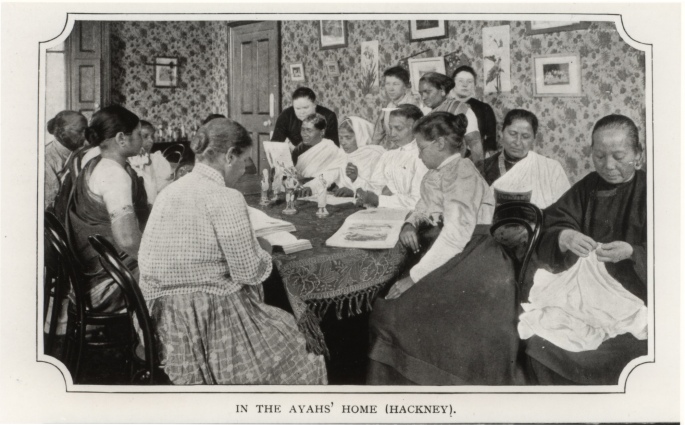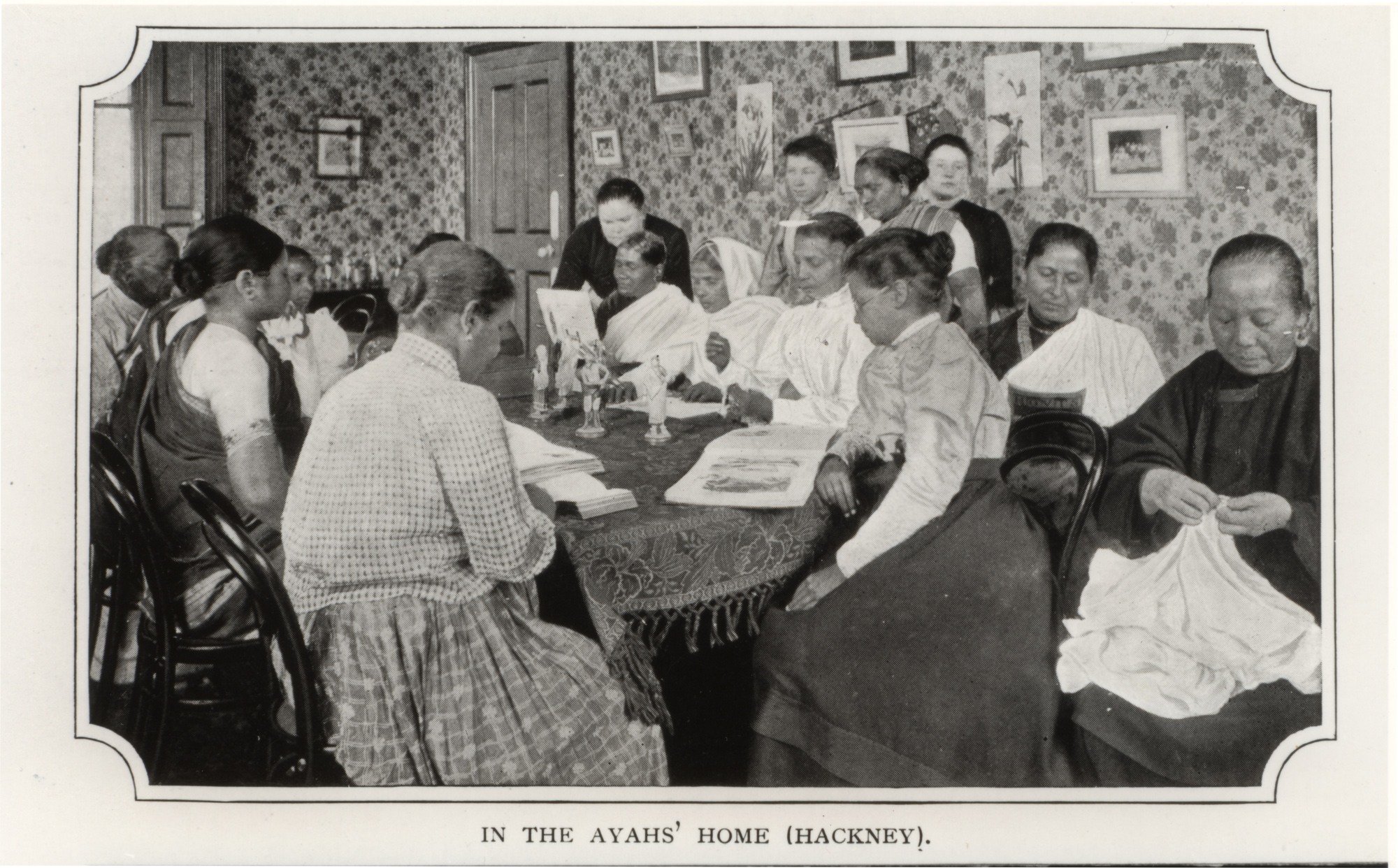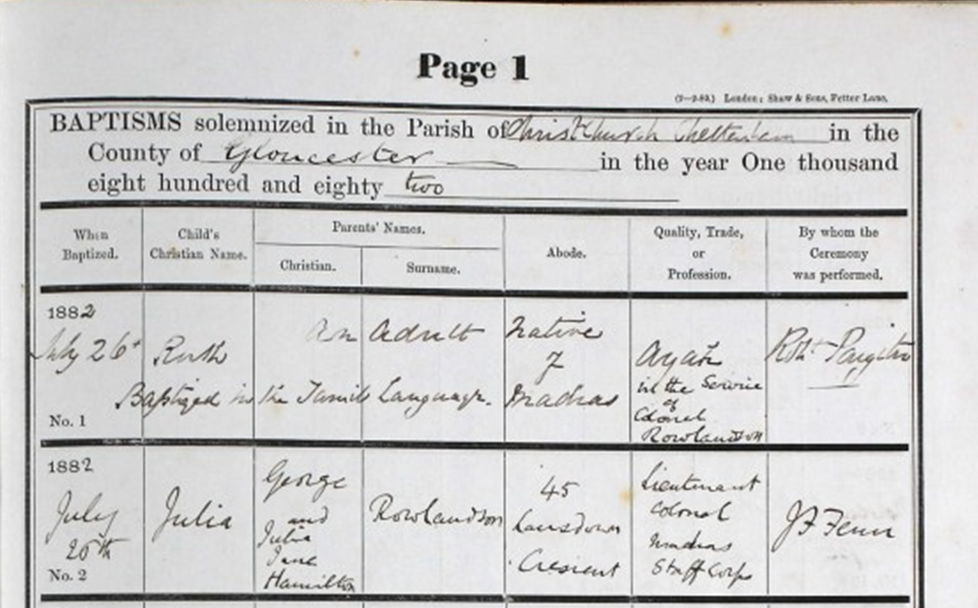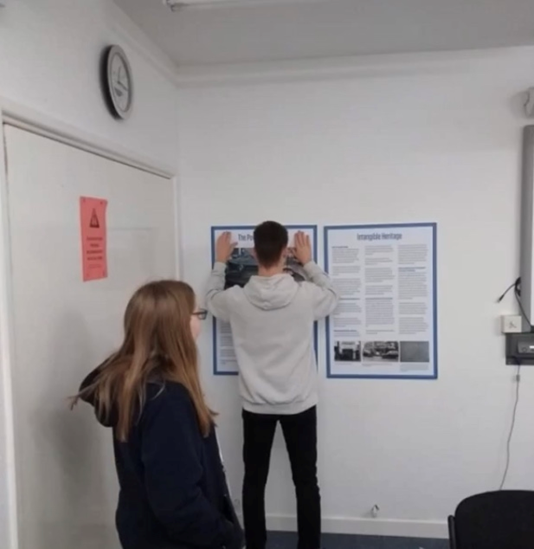This is the fourth and final project which is part of our partnership with the City Voices programme of the Gloucester History Festival. Undergraduate students in History at the University of Gloucestershire are undertaking a number of local history projects for 2022, and in this case they examine Gloucester’s role in the organized rescue of children from Nazi occupied territories in the Second World War. The project group is made up by students Yasmine Brigdale, Megan Brown, Emily Langdale, Ellie Speck, and Isabella Watkins.
Our group project focuses on the Kindertransport system in Gloucester and, more specifically, the lives of ten Jewish boys who found refuge in a hostel near the Kingsholm area during the Second World War. We chose to study this topic not only because of a key interest in our city’s historic role in aiding refugees, but also because it feels very relevant to what is going on in the world at present with the current refugee crises in places such as Syria, Afghanistan and Ukraine. One of the goals of our research is to present a study of the experiences of the ten boys during their time as refugees in Gloucester. We also aim to reflect on what legacy this may have left for Gloucestershire today.
We have been visiting the Gloucestershire Archives and Heritage Hub (GA) at least once a week to study the Kindertransport materials. The archival sources will form the focus of our first display panel, which will outline the start of the Kindertransport programme in Gloucester and the founding of relevant charities and committees, such as the Gloucester Association for Aiding Refugees (GAAR). It was organisations such as GAAR that were responsible for finding suitable accommodation, education and training for refugee children in Gloucester, until they were old enough to move on. We have also become familiar with some of the significant figures who played a very active role in running these organisations, including Mrs Hall. We hope to explore how these developments led to the establishment of the hostel in Alexandra Road, and what role these organisations continued to play in supporting the ten boys.

Alongside this, we have been working with staff at GA, who have helped us to access information relating to an upcoming film about the hostel. We have been put in contact with relatives of the Jewish boys and the Arnsteins. Interviews conducted with Michael Zorek, Jenney Valley and Angela Willis have provided us with a real insight into what life in the hostel was like, from leisure activities, including their attendance at a youth group in Gloucester, to how their basic necessities were met and financed. We have also learnt that their religious education and practice was still very much encouraged: a Rabbi from Birmingham came to meet with the boys. Our goal is to continue making connections with the families. Not only has this been extremely informative, but we also believe this to be a valuable element of our research. This will help to shape the middle section of our project, where we hope to build a profile of the boys during their time in Gloucester, as well as their lives after the hostel’s closure in 1942.

The final part of our project will discuss the legacy of the Kindertransport programme and what existing charities in the local area are doing today. In this part, we hope to track the importance of refugee aid for the ten boys, as well as for the many other young people in Gloucester during the Second World War, and how this is still extremely relevant to current global issues. We have been in contact with two local organisations: Cheltenham Welcomes Refugees (https://www.cheltenhamwelcomesrefugees.org.uk/) and Gloucestershire Action for Refugees and Asylum Seekers (GARAS: https://www.garas.org.uk/). These have been really helpful in offering insights into the workings of the charities both historically and at present.
We are also planning to help fundraising efforts for a blue plaque to be placed outside the address on Alexandra Road in June. Any surplus money will be donated to GARAS.







